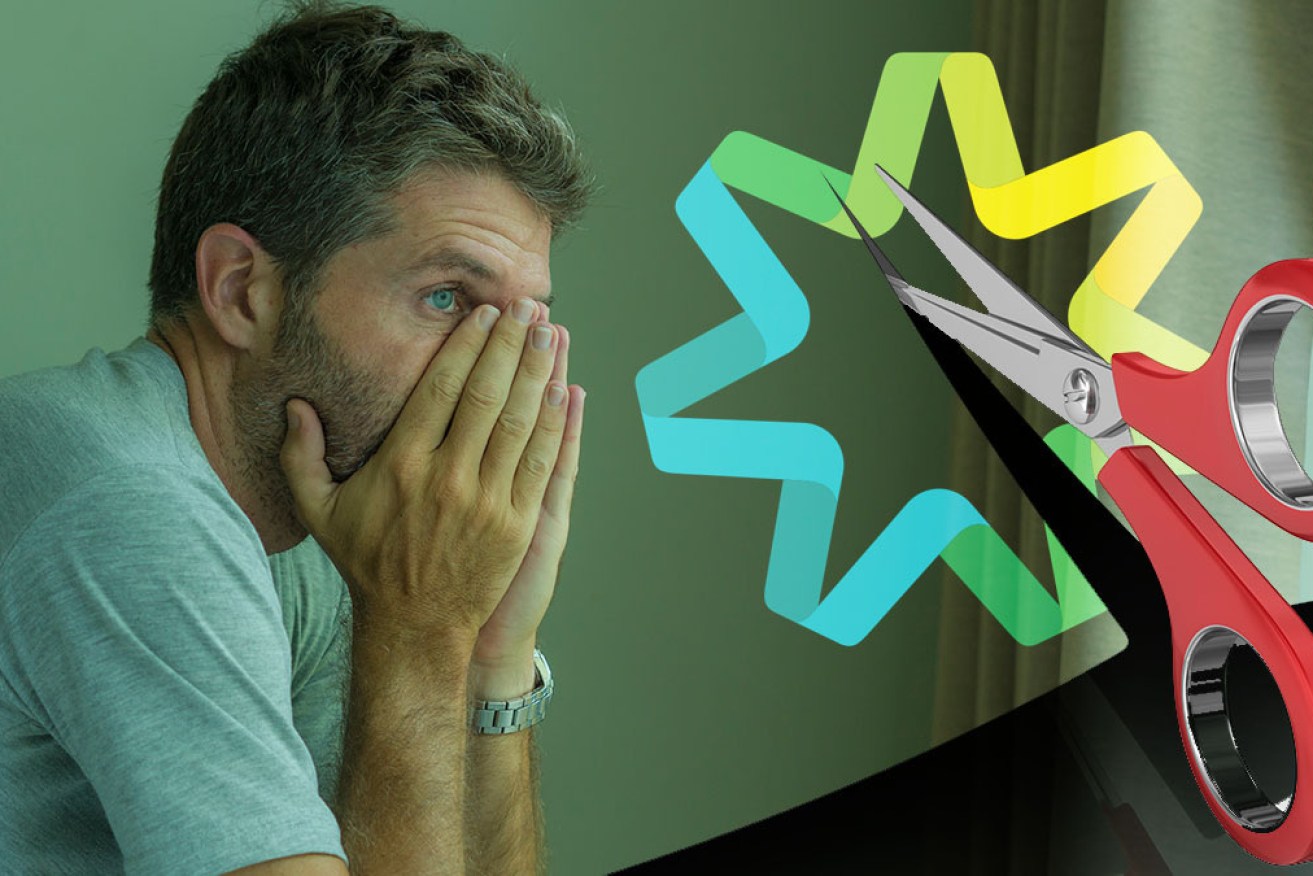Countries with higher unemployment benefits have lower jobless rates, study finds


New analysis shows JobSeeker is being kept at "unnecessarily cruel" levels. Photo: AAP/TND
JobSeeker is being kept at “unnecessarily cruel” levels under the false pretence of encouraging more unemployed Australians to look for jobs, a new paper has argued.
Days after the federal government announced it would increase the permanent rate of JobSeeker by $25 a week, the Australia Institute has published new analysis showing that higher unemployment benefits are correlated with lower rates of unemployment across the OECD.
Report author Matt Grudnoff said the findings proved the Morrison government was “being unnecessarily cruel to the unemployed and that lower unemployment is possible even with much higher unemployment payments”.
He said if the government was right in saying lower unemployment benefits were necessary to encourage jobless Australians to seek out new opportunities, Australia would have had one of the lowest unemployment rates in the OECD in 2019, as at the time it had the lowest unemployment benefit.
“Instead, Australia’s unemployment rate is worse than that of most OECD countries,” Mr Grudnoff wrote, referring to pre-pandemic rates.
The unemployment benefit formerly known as Newstart was equal to just 27 per cent of Australia’s average wage in 2019.
This measure is known as the net replacement rate of unemployment and was the lowest in the OECD at the time and less than half the group’s average (58 per cent).
Yet Australia had only the 20th lowest unemployment rate out of 33 OECD countries. At the time, it had a jobless rate of 5.2 per cent, which was only a fraction below the OECD average of 5.6 per cent.
Mr Grudnoff writes in the paper that in 2019 there were “19 countries in the study that had higher unemployment payments but lower unemployment rates than Australia”.
“For example, Germany has unemployment payments twice as high as Australia’s. The net replacement rate of unemployment in Germany is 59 per cent, compared to Australia’s at 27 per cent,” he said.
“Germany’s unemployment rate is lower than Australia’s at 3.2 per cent compared to 5.2 per cent for Australia.”
In an interview with The New Daily, Mr Grudnoff said Australia could easily afford to increase the base rate of JobSeeker without suffering “this imaginary problem that the government feels exists, of unemployed people refusing to go out and look for work”.
“At some point, it would become a problem. But where we are now it is not a problem and it is not likely to be a problem unless we massively increase the payments,” he said.
In fact, Mr Grudnoff said excessively low unemployment benefits like those found in Australia could actually act as a disincentive to find work.
“[Having such] punitive payments actually acts a problem for people seeking out jobs,” he said.
“If you need to travel, if you need to dress appropriately, if you need to be at a certain place at a certain time for a job interview and you don’t have the money to do those things, then you’re not going to be able to apply for work.”
Mr Grudnoff is quick to point out, however, that the correlation between the net replacement rate of unemployment and unemployment rates is quite small, meaning the size of unemployment benefit has little influence on the rate of joblessness.
And he says although higher unemployment benefits are associated with lower unemployment rates, there’s no causal link between the two.
But although the correlation between the two is not evidence of causation, he says it shows the government is wrong to assume that higher unemployment payments cause higher unemployment.
“The level of mutual obligation that’s forced on unemployed people is designed really just for the government to say, ‘We’re tough on unemployed people, and this tough love will force people to go out and search for jobs’,” Mr Grudnoff said.
“But the reality is, with the pandemic and the economy where it is, there aren’t enough jobs for everyone to have a job.”
Having people “suffer below the poverty line” during such tough economic conditions “seems cruel and unfair”, Mr Grudnoff said.
His paper comes just one week after separate research from the centre-right Blueprint Institute advocated for an unemployment insurance scheme that pays people who lose their jobs payments equal to 70 per cent of their former wage for the first six months of unemployment.
One of the motivations for the scheme was to provide a large enough safety net so that job seekers would not feel pressured into rushing their job search.
The report authors said this would increase the likelihood of them finding a job more suited to their skills, which would improve their individual wellbeing and boost overall productivity.













